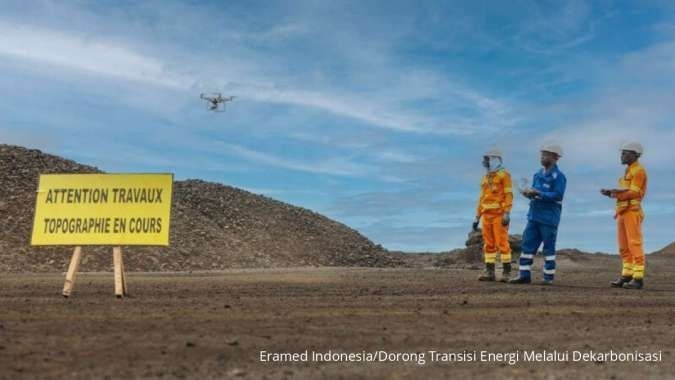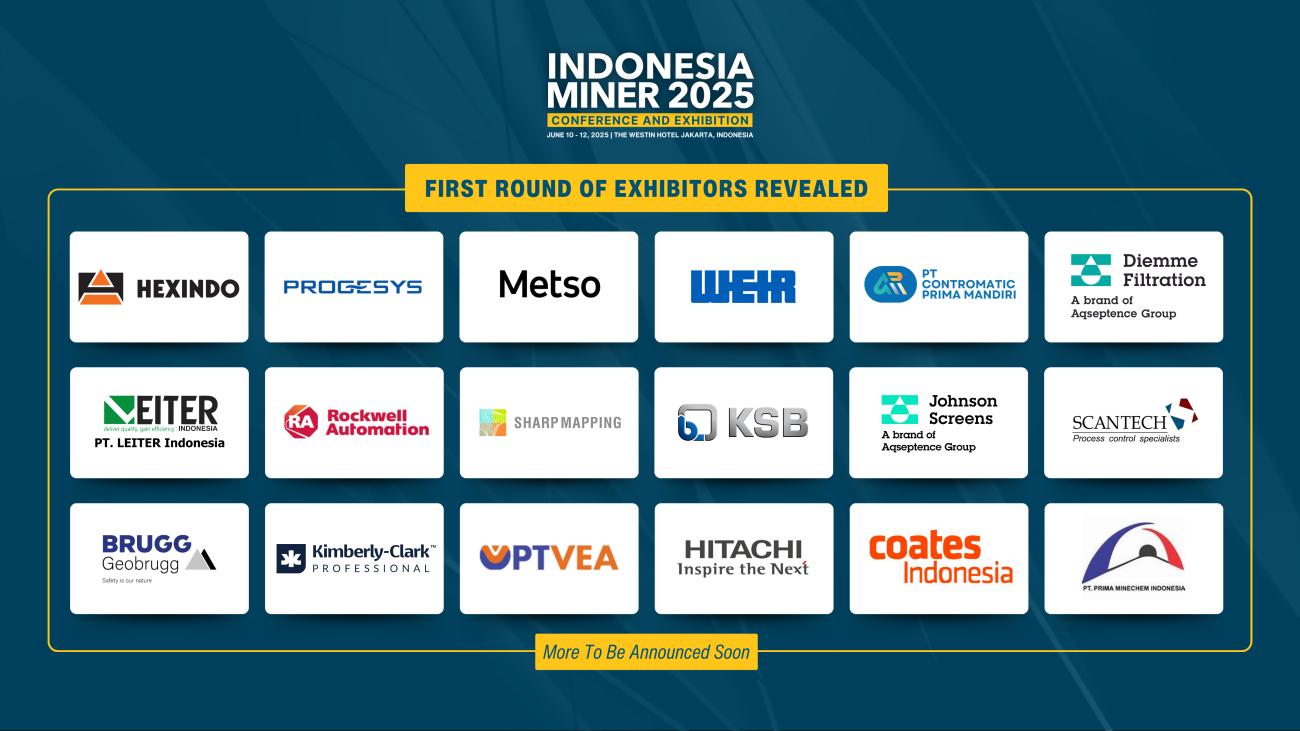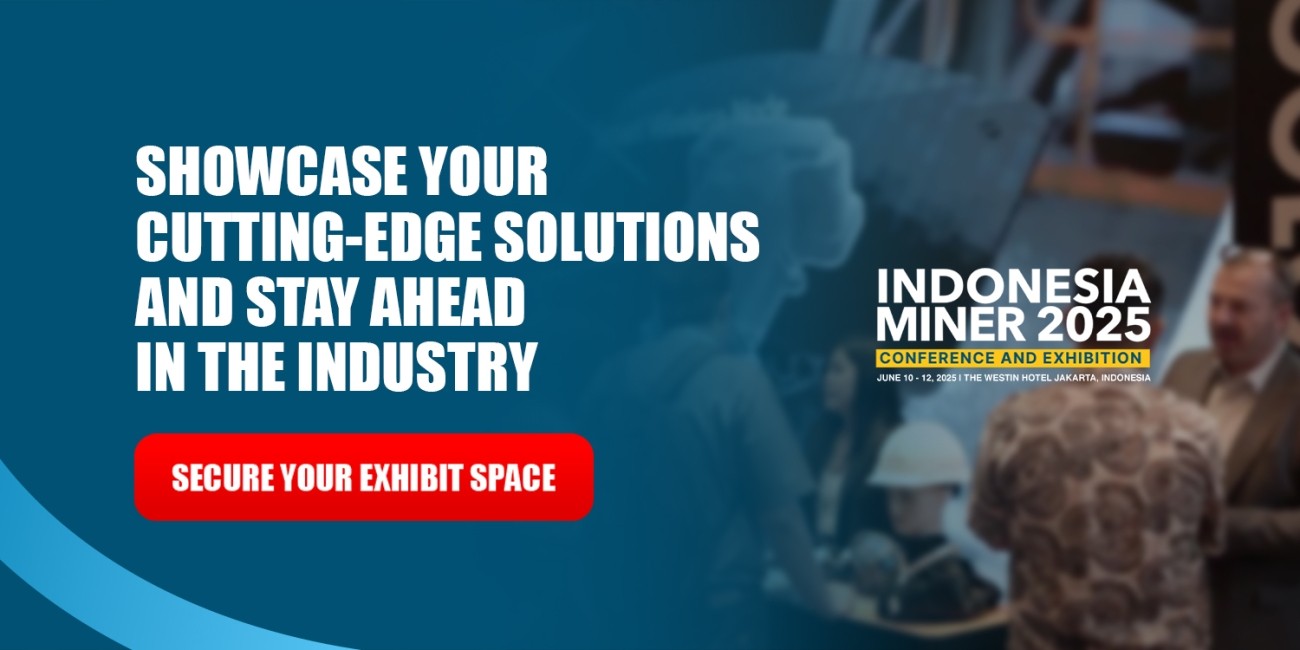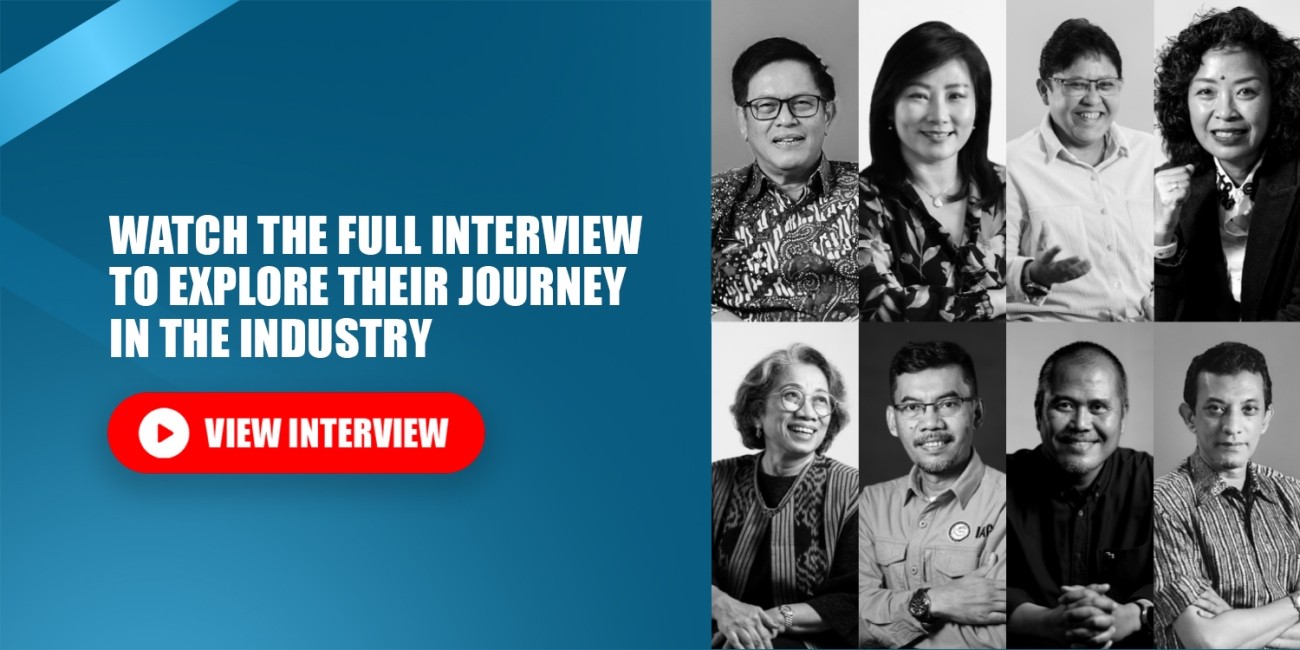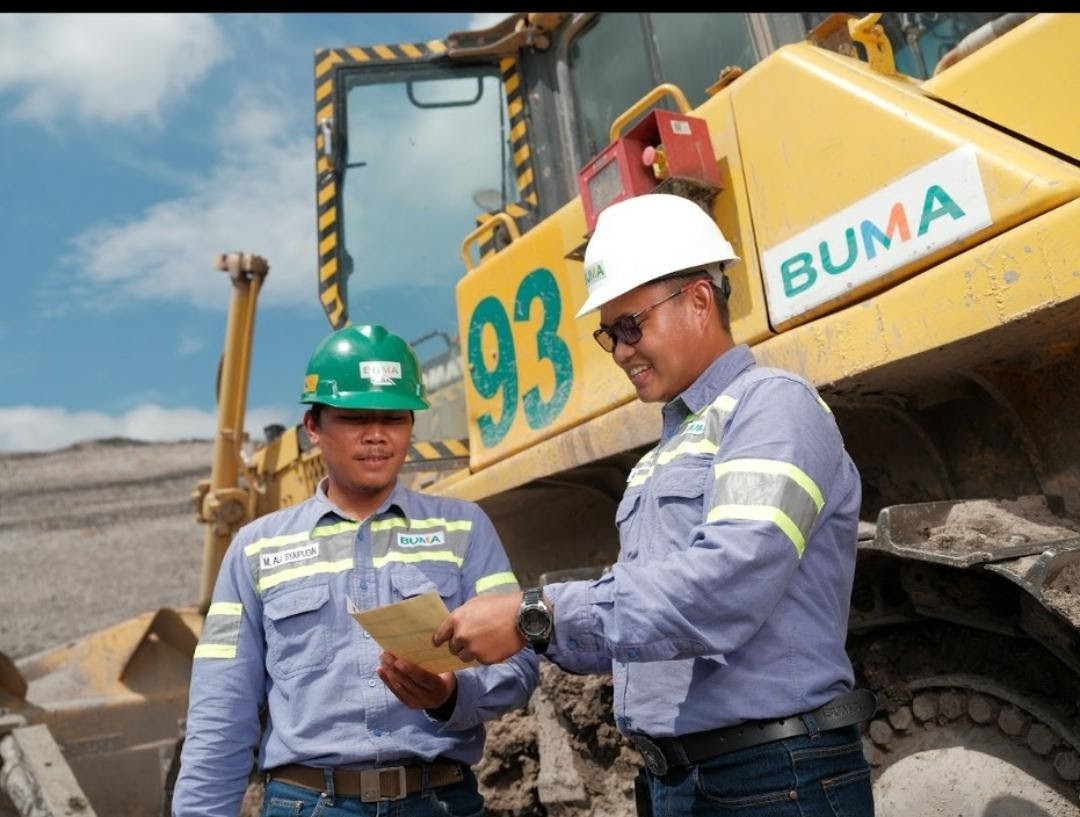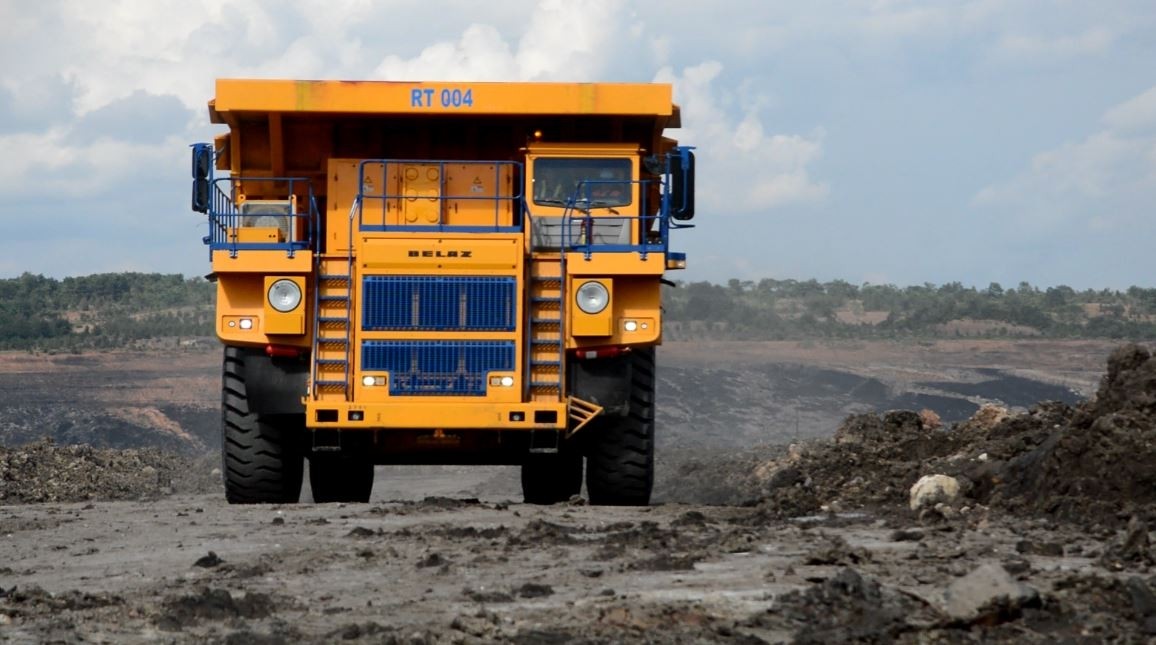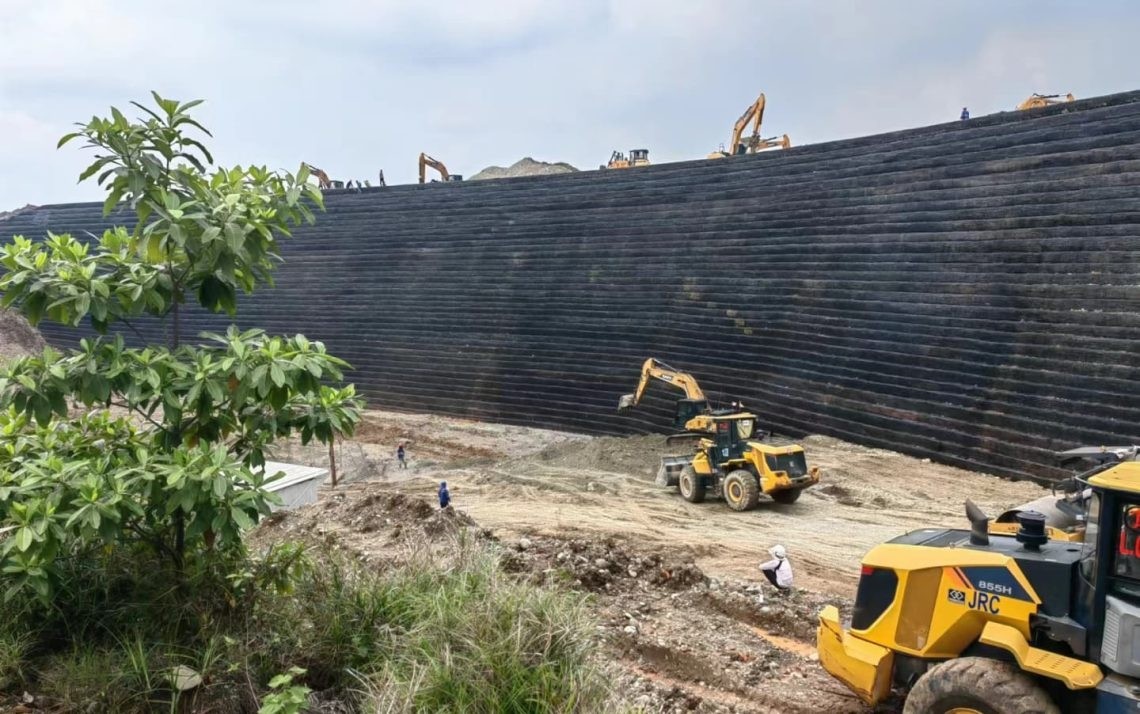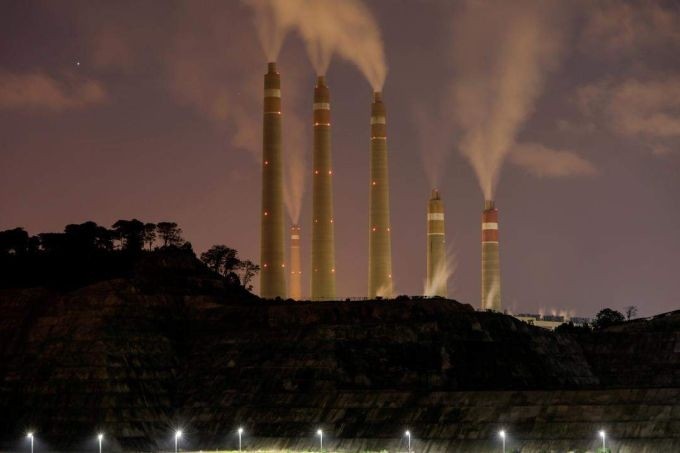A study highlights that the demand for copper and nickel is expected to increase by 50-70% by 2030. Meanwhile, the International Energy Agency (IEA) reports that achieving carbon neutrality by 2050 will require 35 million tons of green minerals annually.
Indonesia faces significant challenges in meeting this demand while simultaneously reducing its carbon footprint. The Ministry of Energy and Mineral Resources (ESDM) continues to support emission reduction targets by encouraging mining companies to implement decarbonization activities in their operations. This includes the development and application of environmentally friendly technologies that can mitigate the environmental impact of mining activities.
The Ministry of Environment and Forestry (KLHK) also plays a crucial role by focusing on emission monitoring and the implementation of stricter sustainability standards. The tightening of environmental regulations and the growing global awareness of climate change are prompting mining companies to transform, in line with government policies on energy transition.
In this context, Eramet, a global mining and metallurgy company from France, has committed to reducing carbon emissions by 40% by 2035 and achieving carbon neutrality by 2050. Decarbonization is one of Eramet's top priorities across all its global operations.
Novi Gusman, Sustainable and Permitting Expert at Eramet Indonesia, revealed that Eramet focuses on implementing smart mining as part of the "Act for Positive Mining" initiative. For Eramet, smart mining and sustainability are two complementary aspects. "Through our CSR roadmap, we are committed to integrating operational performance with positive contributions to society and the environment," said Novi.
Eramet's CSR roadmap, known as "Act for Positive Mining," focuses on sustainability in three key areas: People, Nature, and Value Chain. Additionally, Eramet has implemented innovative technologies through its Research and Development (R&D) team, including the use of Integrated Remote Operation Centers (IROCs) and drones in exploration. These innovations aim to minimize carbon emissions and reduce energy consumption.
Eramet also demonstrates its commitment to responsible mining in line with international sustainability standards, specifically the International Responsible Mining Assurance (IRMA). "IRMA emphasizes transparency and accountability through a multi-stakeholder approach, involving more than 100 entities, from mining companies to local communities. The rigorous audit process is conducted through self-assessment and by third parties," explained Novi.
Decarbonization is crucial in the mining industry to support energy transition, particularly for the electric vehicle (EV) battery industry. With IRMA standards and the implementation of smart mining, Eramet continues to strive to meet global mineral needs while ensuring that the Company's operations support sustainability and environmental responsibility.
